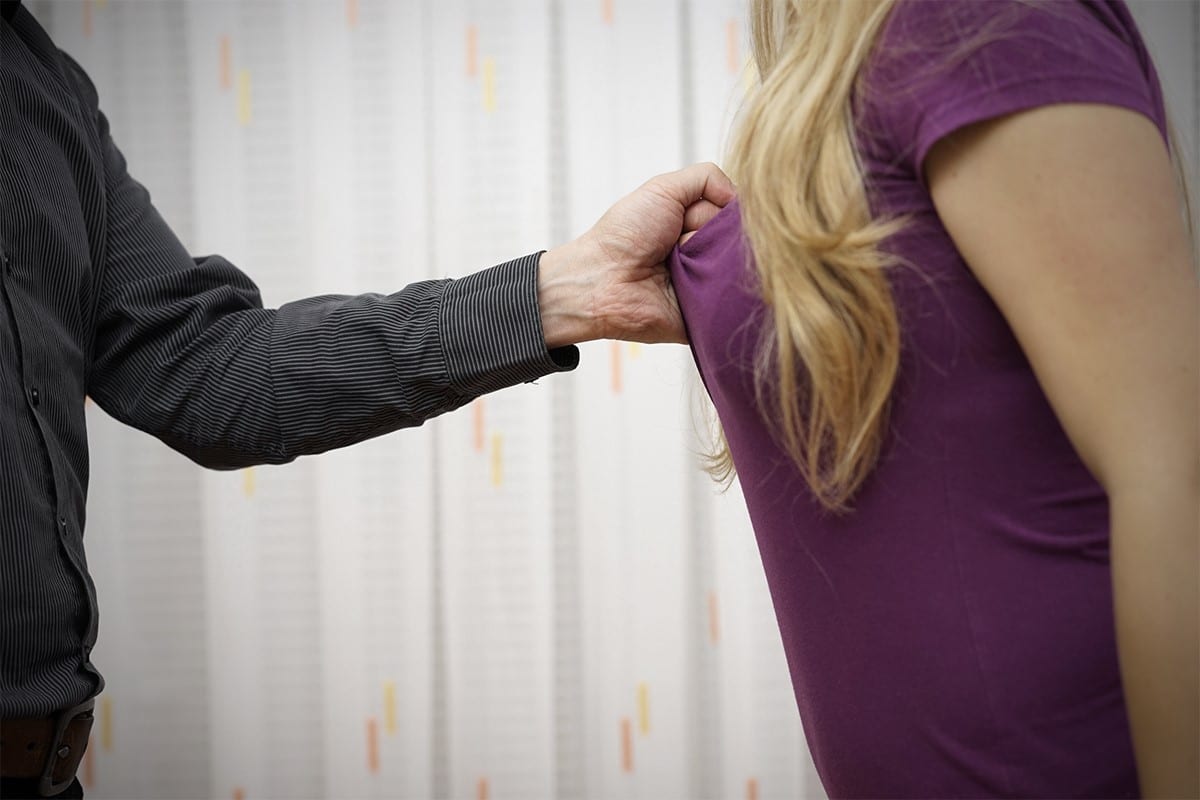
When an assault is committed against a family member, roommate, or significant other, it becomes a separate crime: domestic assault.
These types of assaults have a specific focus because they have different effects than a crime committed between strangers. Victims of domestic violence must often endure lasting psychological consequences as a result of the violence, and the violent acts themselves may continue over a longer period of time since they are usually committed in private.
In our state, law enforcement officers have the right to arrest anyone who they believe has committed some sort of domestic violence. They also have the right to arrest anyone who they believe has violated a protection order, and hold that person in jail for 36 hours.
Penalties for Domestic Assault
Once a person has been arrested and charged with domestic assault, they face consequences beyond the typical criminal penalties for assault.
Charges and sentences. Domestic assault is a misdemeanor offense in Minnesota. Penalties may include up to 90 days in jail and/or fines of up to $1,000. However, if strangulation or suffocation was involved in the incident of domestic violence, charges are increased. You may face between 1-3 years in jail and/or fines of up to $5,000.
Additionally, the above penalties only apply to first-time offenders. If someone commits two domestic violence offenses in three years (if the same victim is involved, the time limit extends to 10 years), penalties are more severe.
For a second offense, penalties include up to one year in jail and/or fines of up to $3,000.
For third and subsequent offenses, penalties include up to five years in jail and/or fines of up to $10,000.
Protection orders. These are another type of penalty associated with domestic violence, but they can also lead to you facing additional charges and penalties if you violate them. Here’s how they work:

Anyone can file a petition for a protection order at any time, but protective and no contact orders may also be issued upon a domestic violence arrest or conviction. When the petition is filed, the order goes into affect for 14 days. A hearing will determine whether a more permanent protection order should be in place. If granted, protection orders in Minnesota last for two years and can be renewed.
Every protection order is unique, but they commonly are used to prohibit someone from the following:
- Committing domestic abuse (against the petitioner, their family, or their pets)
- Being at the petitioner/victim’s residence, workplace, shared dwellings, and the surrounding areas
- Contacting the petitioner
Protection orders may also require the respondent/offender to do the following:
- Pay spousal or child support
- Give up child custody or visitation rights
- Give up custody of shared pets
- Allow continued insurance coverage for the petitioner
- Attend marriage counseling/mental health treatment
- Pay restitution
Violating a protection order is a misdemeanor, with penalties including 90 days in jail and/or fines of up to $1,000. Bond may be posted at $10,000 upon the defendant’s arrest, and penalties may increase if the defendant violates the protection order with 10 years of being convicted of domestic violence.
Loss of Gun Rights. Under federal law, anyone convicted of domestic violence crimes can lose the right to carry a firearm. In Minnesota, the weapon used in the assault must be forfeited. Carrying a firearm after these rights have been taken away is an offense with penalties including up to one year in jail and/or fines of up to $3,000.
If you have been charged with domestic violence, it is important to fight these charges and do everything you can to protect your rights. Your best chance at a positive outcome is to reach out to an experienced Minnesota domestic violence lawyer today.
About the Author:
Christopher Keyser is a Minneapolis-based criminal and DWI defense attorney known for fighting aggressively for his clients and utilizing innovative tactics to get the most positive results. He has been featured in numerous media outlets due to the breadth and depth of his knowledge, and recognized as a Minnesota Super Lawyers Rising Star (2014–2016), a Top 100 Trial Lawyer (2013–2016), and a Top 40 Under 40 Attorney (2013–2016).





